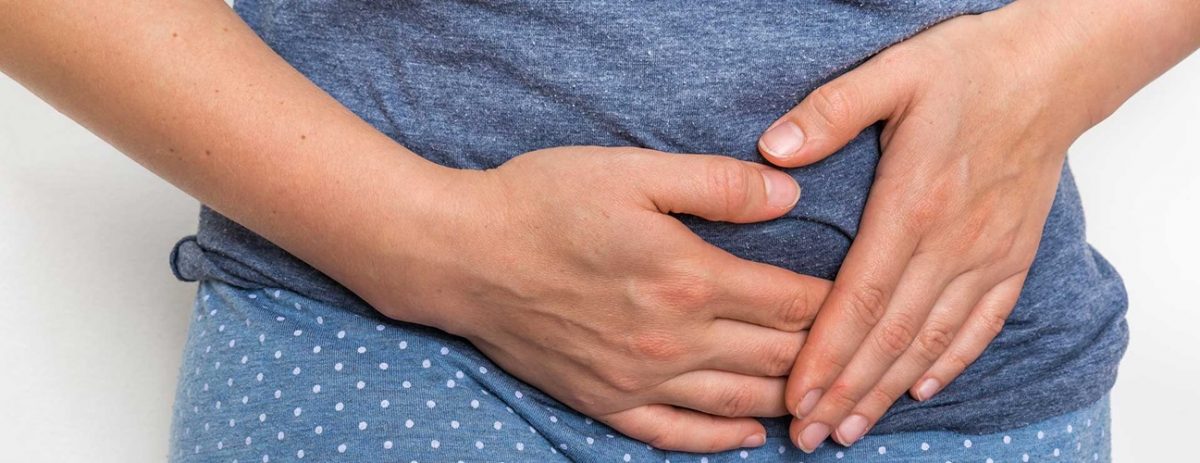[vc_row][vc_column][vc_column_text]PCOS comes with an array of challenges that you can’t overlook. One of them is to conceive naturally with PCOS Pregnancy. It is a challenging domain, but we all know that it is possible. There might be some complications along the way, but you might not have to seek artificial or medicinal assistance to get pregnant in all PCOS cases. Here are some of the best natural methods available for you to get pregnant faster with PCOS:
1. Dietary Changes Are Imminent
Eating right has always been a significant part of pregnancy or for getting pregnant. PCOS comes with many irregularities in menstruation, ovulation, and other natural processes of the body. Inevitably, you’d have to change what you eat by following these tips:
- Eat smaller meals with wholesome nutrition
- Use natural or organic ingredients
- Use coconut or other natural oils for cooking
- High fibre, high protein, and non-processed carbohydrates are essential
- Low glycaemic index is integral
2. Stick to A Balanced Life
Ironically, PCOS and balance don’t go together at all. The irregularities will always be there. However, the best thing that you can do is discipline yourself and stick to a routine. Exercise daily and sleep on time to rest your body. You need to control the hormonal imbalance, and for that, you have to stick to the routine you’re working up. This is one of the best ways to control PCOS and get pregnant faster.
- Reduce the intake of alcohol and caffeinated drinks.
- Increase the intake of healthy fats.
- Apart from a workout, you can indulge in massage therapies for PCOS.
3. Detoxification Takes A Priority
Drinking fluids is the single most effective procedure for PCOS. You need to start consuming juices or even integrate fertility-inducing food items into the list to ensure you receive optimum results.
Keeping your organs’ and body’s natural detoxification process healthy is the key aspect to maintaining PCOS and to get pregnant faster with PCOS Pregnancy.
4. Consider Natural Supplementation
There are indeed medications available, but you have to acknowledge PCOS, not as a disorder but as a part of your body. Natural remedies are available that won’t fix PCOS but will make it easier for you to live with or even conceive naturally with PCOS.
You need to consider natural supplementations that help control the PCOS factor or bring you a better balance. Chemical or allopathic medicines might not be the best option.
Furocyst® is one such natural remedy available. Extracted from fenugreek seeds, the single herb is known for providing significant benefits for relieving PCOS symptoms while working on the root cause of PCOS too. It is 100% natural and easily digestible, making it an ace for you to have. It is clinically evaluated and patented and has also seen effectiveness in patients wanting to conceive. Being a natural plant extract, it has no known side effects.
Conclusion – Bottom Line
The silver lining is that natural remedies or supplementation with personal changes are the best way to get pregnant faster. Pregnancy with PCOS also comes with an array of complications. Therefore, getting pregnant is not enough. You need to get into the habit of the above-given points to ensure healthy pregnancy and delivery of the baby without complications as well as a healthier life.
It’s a bitter truth, but miscarriages are common in PCOS. By keeping these points in mind and taking advice from the doctor, you can conceive naturally with PCOS. [/vc_column_text][/vc_column][/vc_row]







